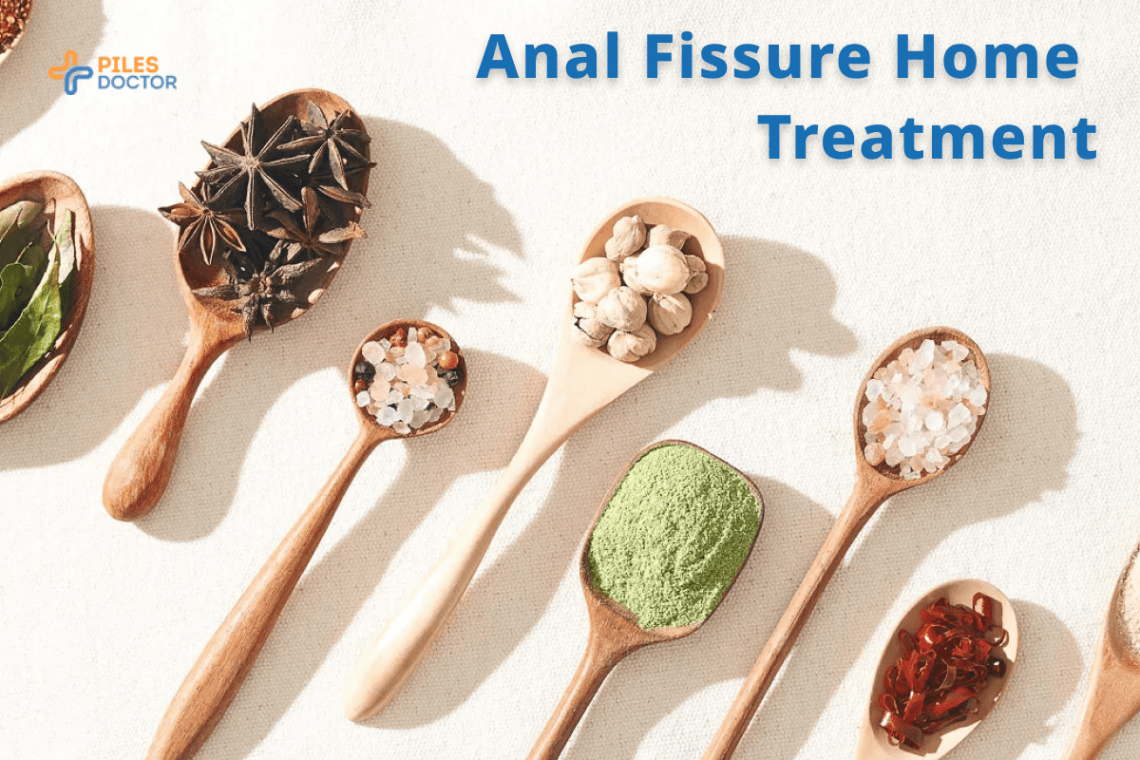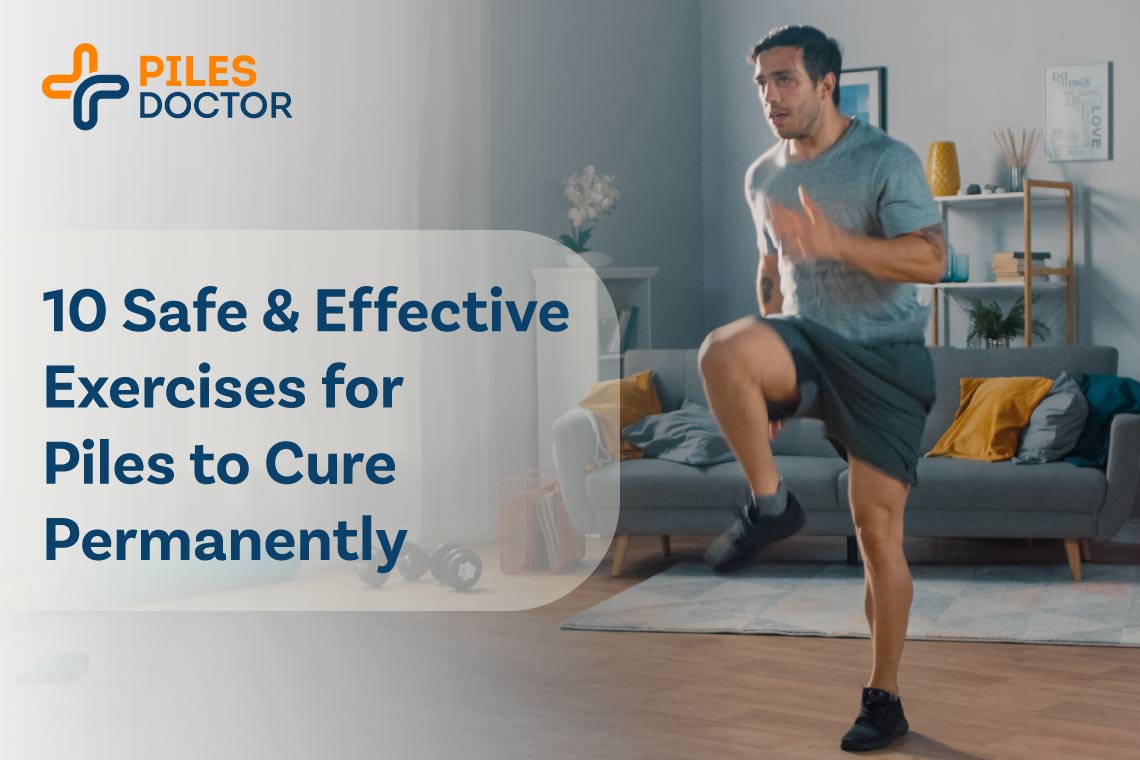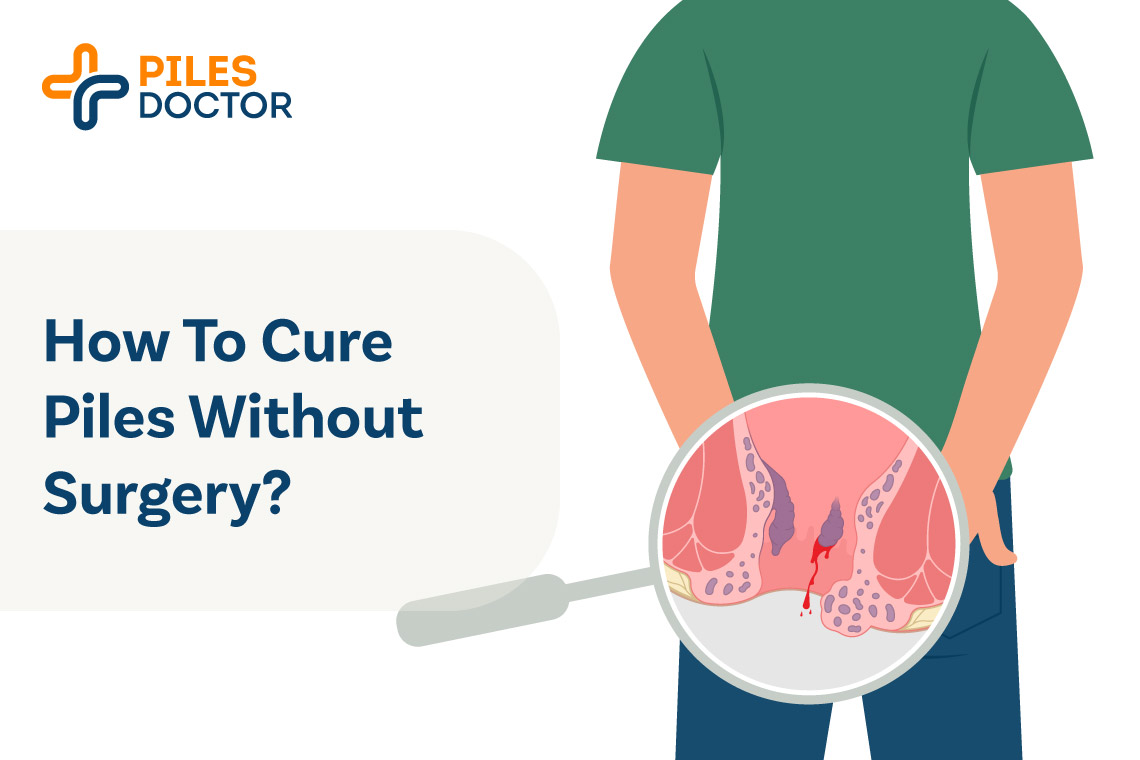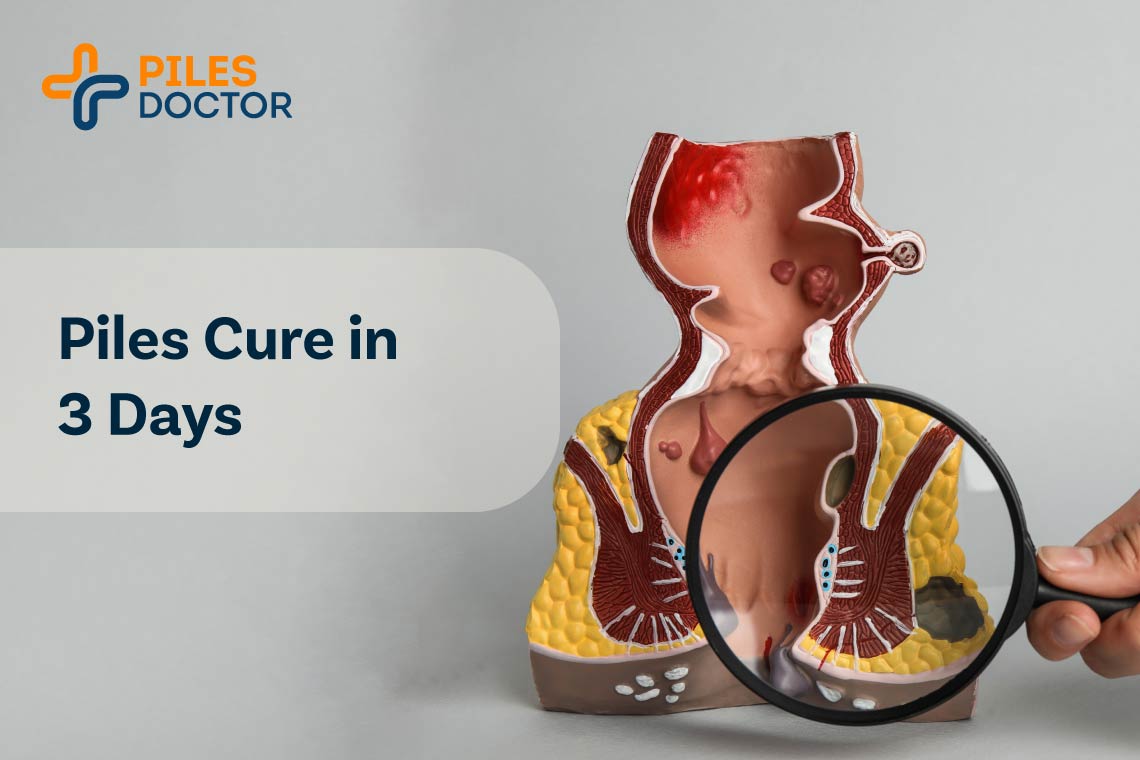Do you experience pain while passing a stool? Or a burning sensation that lasts for quite some time? If yes, you might be suffering from an anal fissure. Fissures are painful tears or cracks in the skin that commonly occur in the anal region.
It can make bowel movements very painful, and you may also notice blood on toilet paper after you wipe, blood on the surface of your stools, and bad-smelling discharge.
You can take several measures at home to alleviate the symptoms of fissures and promote healing. However, it is important to note that severe or persistent fissures may require surgical intervention.
In this blog post, we will explore some natural and effective remedies that can be tried at home to relieve fissure-related discomfort. Read on to know more.
What Are The Various Home Remedies For Anal Fissures?
Home remedies that can cure a fissure include:
Sitz Baths
Sitz baths involve sitting in warm water to soothe the affected area. Fill a clean basin or bathtub with warm water, and sit in it for 10 to 20 minutes, several times a day. Fissures often occur due to inadequate blood flow to the anal area. The warm water in a sitz bath helps enhance blood circulation to the anal region. This increased blood flow can enhance healing by supplying oxygen to the damaged tissues. Also, sitz baths offer an effective way to clean the anal area, promoting proper hygiene. It helps remove fecal matter or residue that could irritate the fissure and potentially lead to infection.
Exercise
Regular exercise is a self-help strategy for controlling constipation. Constipation is often the cause of an anal fissure. Therefore, avoid constipation to heal an anal fissure.
Adequate Hydration and Fiber-Rich Diet
Ensure you drink plenty of water throughout the day to maintain hydration and soften stools. In addition, increase your intake of fiber-rich foods such as vegetables, fruits, whole grains, brown rice, legumes, probiotic-rich foods, etc. Fiber helps add bulk to the stool, making it easier to pass without straining, thereby relieving pressure on the anal area.
Topical Applications
Topical applications can provide relief and enhance the healing of fissures. Here are some commonly used topical treatments for fissures:
- Topical Anesthetics: Topical creams containing local anesthetics, such as lidocaine, can help numb the affected area and provide temporary pain relief. These products can be applied directly to the fissure to ease discomfort.
- Nitroglycerin Ointment: For anal fissures, the first-line medication used is topical nitroglycerin. Nitroglycerin ointment helps calm the anal sphincter muscles and enhances blood flow to the fissure. It boosts healing by increasing oxygen and nutrient supply to the affected area. However, this ointment should be used after consulting with a healthcare professional.
- Calcium-channel blockers: For patients who cannot handle the side effects of nitroglycerin, topical versions of drugs used to treat blood pressure can be used to relax the anal sphincter. The drugs that can be used include nifedipine or diltiazem.
- Steroid Creams: Topical corticosteroid creams can help reduce swelling and itching associated with fissures. Steroid creams can be applied to the affected area to alleviate discomfort and promote healing. However, long-term use of these creams should be done under the direction of a healthcare professional due to potential side effects.
- Aloe Vera Gel: Aloe vera gel has soothing and anti-inflammatory properties that can help relieve pain and promote healing. Applying pure aloe vera gel directly to the fissure can relieve and enhance natural healing.
Proper Anal Hygiene
Maintaining good anal hygiene is crucial for preventing infection to the fissure. After each bowel movement, gently clean the area with water and mild, unscented soap. Avoid using rough toilet paper or wipes containing harsh chemicals, as they irritate the area.
How Effective Are Home Remedies?
Home remedies provide relief to the patient but may not provide a permanent cure for fissures. The effectiveness of home remedies may vary depending on individual circumstances and the severity of the fissure. It is important to note that home remedies are generally recommended for mild fissures and should not replace professional medical advice.
Here are some factors that can affect the effectiveness of home remedies:
- The severity of the fissure: Mild fissures are more likely to respond well to home remedies, while severe or chronic fissures may need surgical intervention.
- Consistency and compliance: The effectiveness of home remedies depends on consistent and proper application. Following the home remedies, such as using sitz baths regularly, maintaining good anal hygiene, and including dietary changes, should be followed diligently to improve the impact of home remedies in treating fissures.
- Individual response: Each person’s body may respond differently to home remedies. What works well for one person may work less effectively for another. Therefore, it’s important to pay attention to your body’s response and consult a healthcare professional when required.
Read More – Which Doctor to Consult for Fissure Treatment
What Are The Signs An Anal Fissure Is Healing?
Some of the signs that indicate an anal fissure is healing include the following:
Pain eases
Experiencing intense anal pain is the most common symptom of anal fissures. If a person experiences no discomfort and pain during and after bowel movements, they may be in the process of healing or have already healed an anal fissure.
No bleeding
A lack of bleeding may mean the wound has closed. However, this still does not guarantee that the fissure has healed completely.
Itching
Itching can also be a sign that the anal fissure is healing. The skin normally itches as it heals. This is because inflammatory cells flood the wound site to eliminate bacteria and other infections.
Read More – Fissure Surgery Cost
Conclusion
Home remedies can provide temporary relief and support the healing process, especially for mild cases of fissures. However, anal fissures that do not respond well to conservative treatment and persist beyond six weeks become chronic and might require surgery. Surgery is considered the most effective option to treat the condition fast.
Healthcare professionals generally recommend laser surgery to treat anal fissures, where they use a specialized laser device to precisely target and remove the damaged tissue around the fissure.
The laser beam seals blood vessels, reduces inflammation, and stimulates the formation of new tissue. Therefore, consult a healthcare professional for an accurate diagnosis and guidance on the best course of treatment for your fissure.




